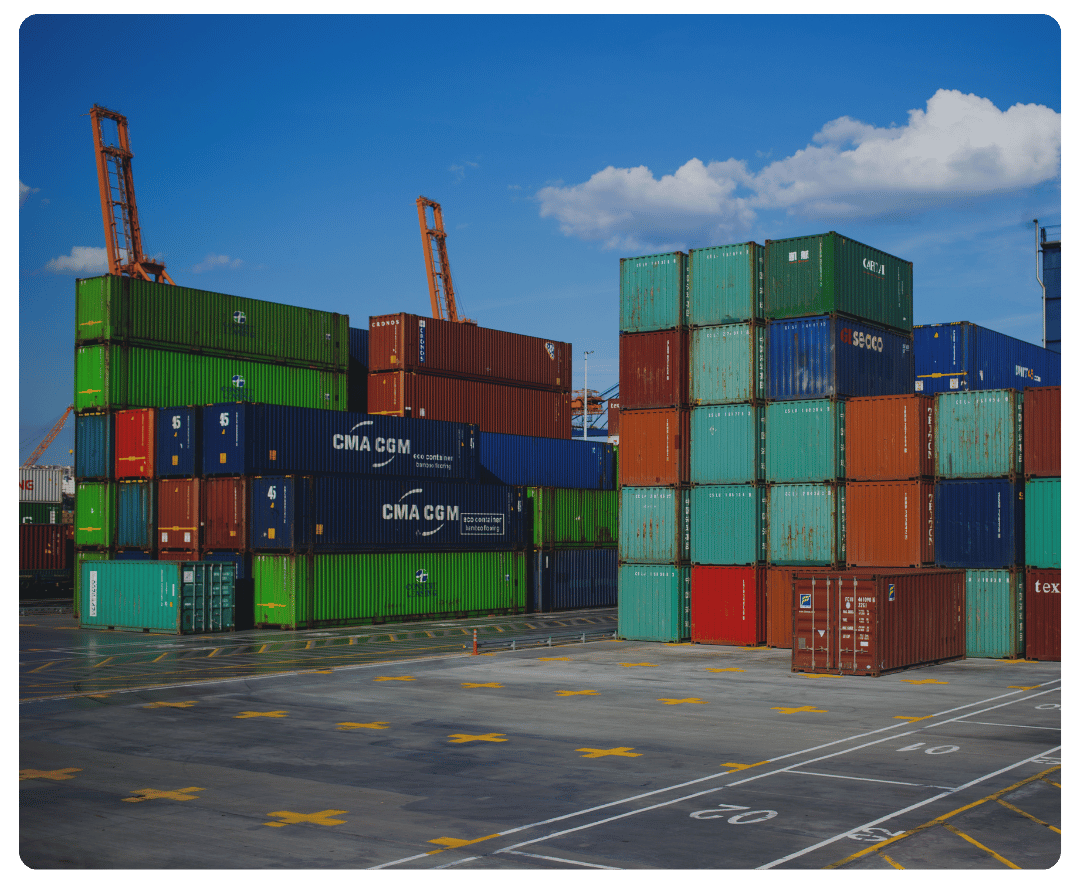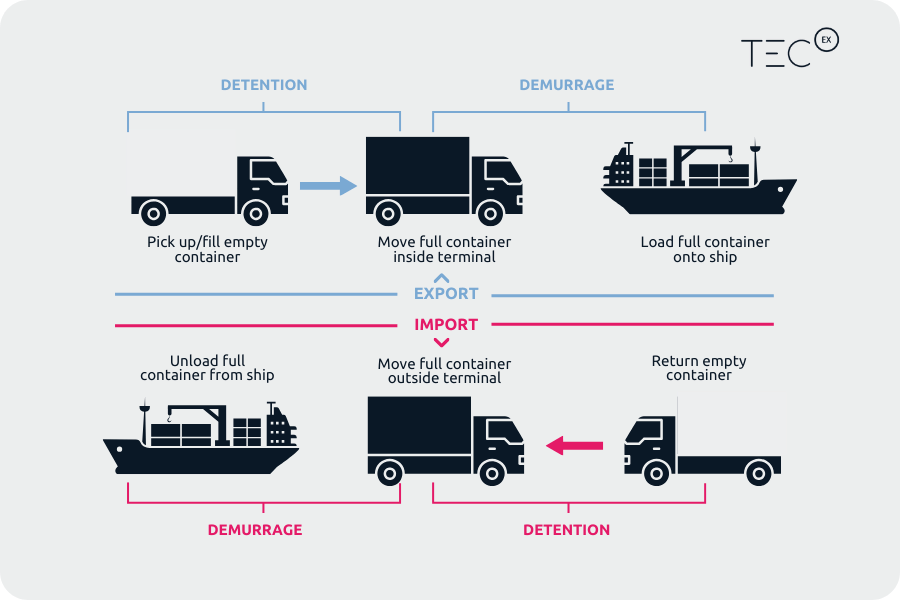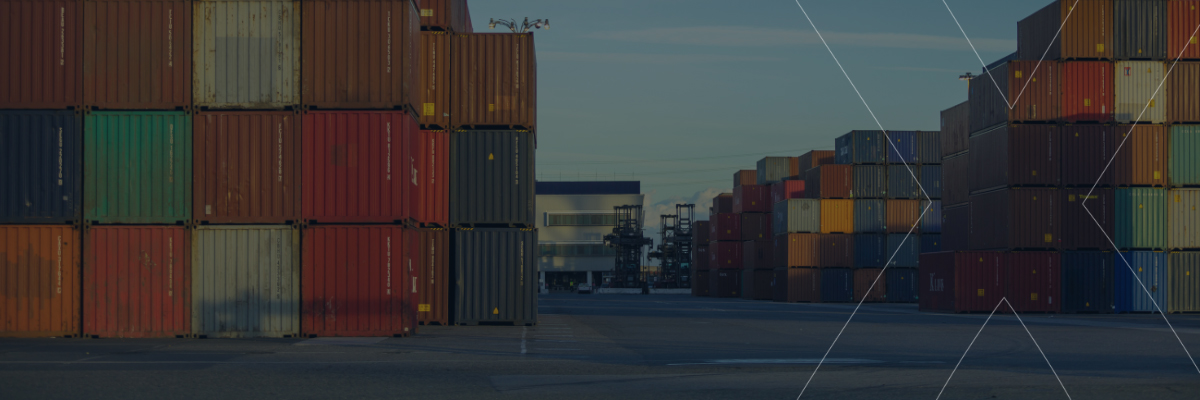When it comes to Exporter of Record(EOR), Importer of Record (IOR) or shipping specific products (especially dual-use tech products), there are certain jargon terms that can seem confusing, making them hard to interpret or understand. Demurrage is a common term that can often crop up within the shipping industry.
Shipping internationally can be a complex process. Incoterms, customs clearance, compliance, and liability cover add stress and confusion not to mention the various fees that can significantly impact your bottom line if not understood. One such fee is demurrage, which can significantly impact your bottom line if not understood. This guide explains demurrage in simple terms, how to avoid it, and how TecEx can help you navigate the complexities of international shipping.
Did You Know?
Every year, over 50,000 merchant vessels carry out loading and discharging operations worldwide. This translates to an estimated 120 million events being logged manually by various parties involved each year. Disruptions like port congestion, political unrest, or bad weather can significantly extend loading and unloading times, leading to hefty demurrage bills. For instance, reports surrounding the 2024 Red Sea delays indicate that rerouting around the Cape of Good Hope added 10-14 days to journeys, where shipping costs reportedly rose by up to 250%, indicating a substantial increase in demurrage charges as well.
What is Demurrage?
Demurrage refers to the charge given to containers that are left at a port or rail yard and are overdue on their allotted time. This period is also known as the ‘last free day’. This means that if a container stays longer than the free storage time given, fines will then be charged.
Staying longer than ‘the last free day’ could lead to demurrage or per diem, also known as detention charges. Demurrage costs are incurred by the consignee for delays in collecting goods after they have been unloaded from a shipping vessel or train.
Why are There Demurrage Charges?
Ports and terminals have limited space. Demurrage charges discourage shippers from leaving containers behind, keeping ports efficient and moving cargo faster.
These charges can also apply to stuck shipments, where unexpected delays (like port congestion, bad weather, or customs issues) prevent the timely pick-up of containers, leading to demurrage fees.

How Do Demurrage Charges Work?
If a container is unloaded from a vessel, a set amount of ‘free time’ is allocated to remove and transport it from the site. Demurrage charges account for the failure to discharge or load the ship within a specific or agreed-upon period of time. Different ports or yards have varying time periods before demurrage is charged, so it’s important to research what times are permitted at which ports or train yards when planning logistics for your containers.
Containers are usually stored in a warehouse during the free storage period. Once these free days are over, set daily charges, often per container, will apply until they are collected.
Unfortunately, demurrage charges are very common and sometimes unavoidable. Of course, different ports, carriers, and contractual agreements have different daily fees for demurrage. Demurrage charges usually range between $70 and $300 per container per day. This may not seem too bad at face value, but if a container is left for 10 days until it is collected, you could easily rack up a $3000 charge per container.
What’s the Difference Between Demurrage and Detention?
Although both terms seem similar, they do have some important differences. Both demurrage and detention fees differ, can be applied to different situations, and pose varying costs.
Detention refers to the charges that can be applied to a shipping transport provider when an empty shipping container or recently stuffed container is not returned to a yard or port after an agreed time. Just like demurrage, charges are applied to each container per day.

When an empty shipping container is taken to a consignee yard or warehouse for loading, this has to be completed on time and the loaded container returned to port within the agreed timeframe.
Demurrage and detention charges are designed to minimize congestion at ports or shipping yards. Depending on the circumstances, both forms of charges can be applied simultaneously to the same shipping containers.
How Can I Avoid Demurrage Charges?
As we know, sometimes logistics issues can occur. Whether pick-up or delivery is held up because of transportation delays or something uncontrollable like poor weather conditions, being late in picking up your container is sometimes inevitable.
However, you can take some steps to ensure that you’ve avoided excessive demurrage charges.
- Research and plan ahead: Different yards and shipping ports charge different amounts for demurrage costs. They can also have varying lengths of ‘free days’. You should research potential shipping yards and compare demurrage costs should your transportation or pick-up become delayed at the last minute. If one yard has a longer ‘free days’ period, it may be worth choosing this location instead of a potentially closer port with shorter ‘free days’ or higher demurrage fees.
- Understand your responsibilities as a supplier or buyer: Ensure that the transportation and shipping contracts you have are suitable for your needs and that the transportation time frame is achievable. Don’t underestimate the time required for your transporters to arrive at the port and load or unload the containers.
- Choose a reliable and effective transportation, logistics, and distribution service: TecEx is the perfect solution for your international shipping and distribution needs. TecEx acts as a single point of contact that works to provide trusted and accredited international logistics, IOR, and compliance solutions for your business. Our expert teams can handle all necessary processes, including demurrage charges, or help you to prevent them.
How TecEx Can Help?
TecEx is the expert in providing modernized and reliable door-to-door distribution services of specialist IT equipment. We work with all types of companies to transport their goods around the world safely and securely.
At TecEx, we optimize our resources to provide our customers with expert knowledge. We are a global leader in import compliance when it comes to international shipping and logistics.
Our teams are prepared to manage all aspects of import and export tasks and have experience in preparing for and preventing any excess fees that can occur, such as demurrage charges. Our team of experts stays up-to-date on ever-changing global trade regulations and restrictions. We navigate country-specific requirements, including tariffs, free trade agreements, and dual-use item controls, ensuring your shipments comply and avoid delays.
Our industry-leading liability coverage goes beyond traditional cargo insurance. We reimburse the full replacement value of your shipment, including freight costs, duties, and even a 10% buffer for unexpected situations. Your cargo is our priority, from origin to final destination.

TecEx understands the potential stresses and hassle that can come with exporting or importing valuable goods. Whether you’re a veteran exporter or a new start-up company, we’re on hand to provide you with all the support and advice you may need. Beyond navigating demurrage and ensuring efficient shipping, TecEx offers a comprehensive suite of services to give you complete peace of mind during your international transactions into over 200 global locations.
Let us handle all the necessary paperwork and planning for you so that you can focus on the more important things.
Speak to a member of our team now, and we’ll be happy to answer any questions you may have.
